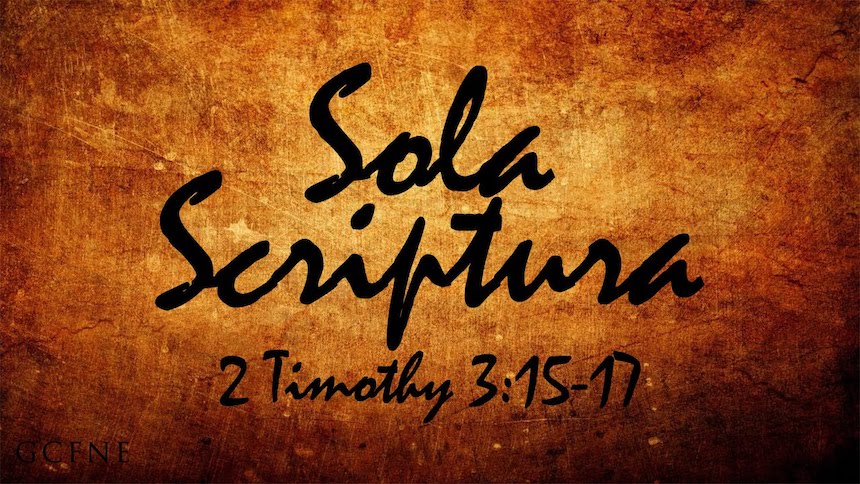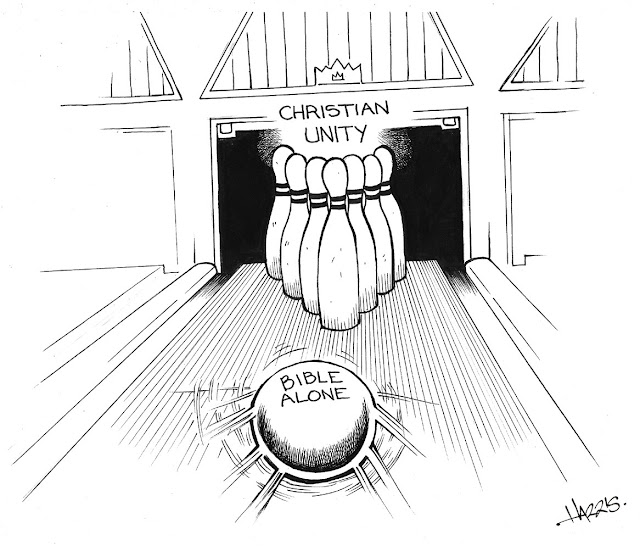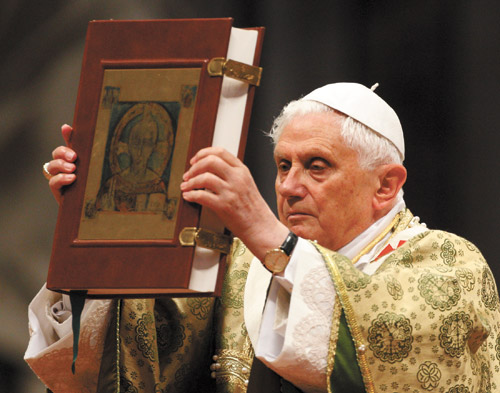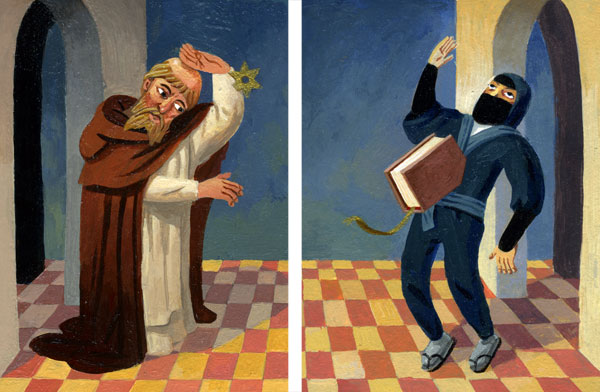Solo or Sola Scriptura?

I recently wrote a series of posts (Part 1| Part 2 | Part 3 | Part 4) on the doctrine of Sola Scriptura and thought I’d write a quick follow-up post to address one objection I’ve recently heard…
Solo or Sola?
Some Protestants draw a distinction between Sola Scriptura and Solo Scriptura. They assert that there is huge difference between the two. For example, in the book, The Shape of Sola Scriptura, the non-Catholic author Keith Mathison defines Solo Scriptura as the belief that:
“Scripture [is] not merely the only infallible authority but that it [is] the only authority altogether”
The Shape of Sola Scriptura, Keith Mathison
In contrast, he defines Sola Scriptura as the conviction that:
“Scripture [is] the sole source of revelation; that it [is] the final authoritative norm of doctrine and practice; that it [is] to be interpreted in and by the church, and that it [is] to be interpreted according to the regula fidei”
The Shape of Sola Scriptura, Keith Mathison
The difference he tries to assert in his book is that Solo Scriptura says that the Bible is the highest authority, being both inspired and infallible, but that Sola Scriptura does not declare it to be the only authority.
A distinction without a difference?
I would suggest that there is no principled difference between the two. I say this because they both pretty much boil down to the same thing: the locus of final interpretive authority ultimately lies with the individual Protestant.
Has the decree of his denomination or a council ever overruled his personal interpretation of Scripture?
His denomination may “suggest”, the creeds of the early Councils may “guide”, but the final interpreter of Scripture is still that individual Protestant. Unfortunately, this produces as many “final authorities” as there are Sola Scriptura Christians.
Or, put another way, if nobody is Pope, everybody is Pope.






